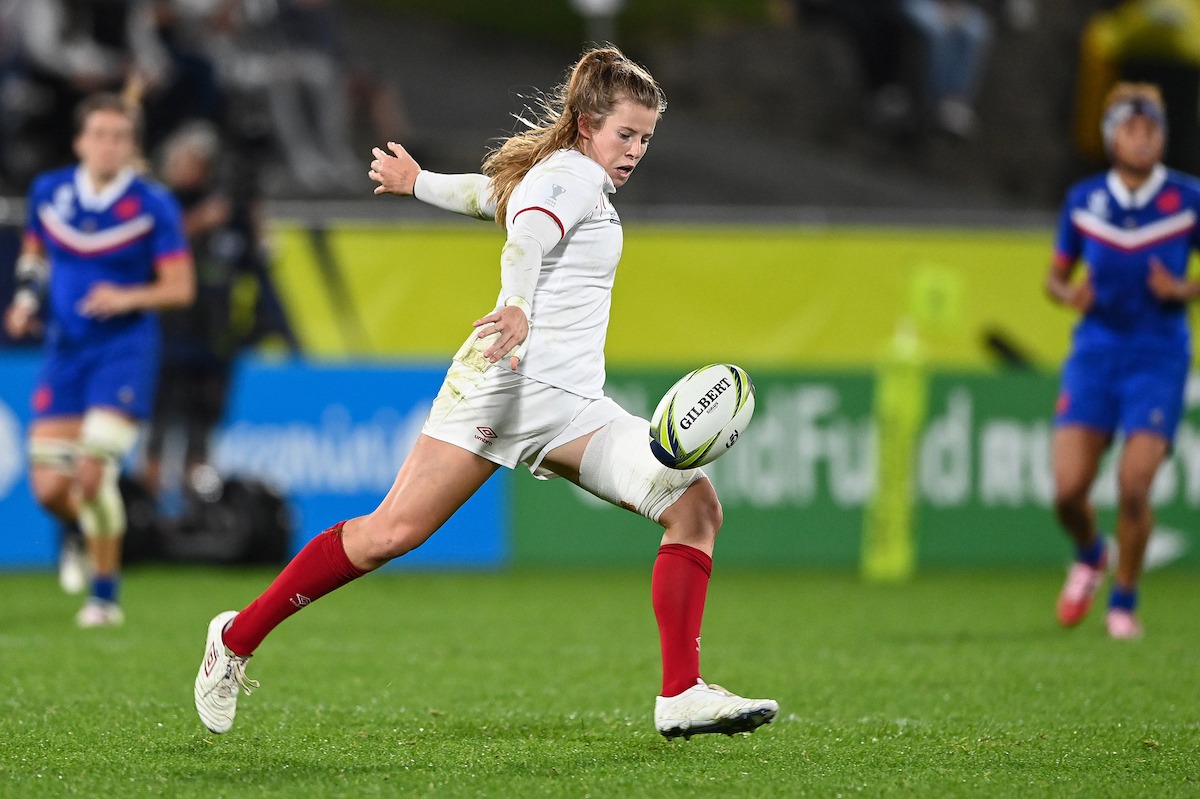In Rugby, where strategy and skill intertwine, understanding the nuances between free-kicks and penalties is paramount. These two pivotal events in a match can drastically alter the course of gameplay, yet they are often conflated or misunderstood by spectators and even some players. This essay aims to dissect and illuminate the disparities between free-kicks and penalties in rugby, elucidating their respective contexts, implications, and strategic implications.
The Essence of Free-Kicks
Definition and Occurrences
A free-kick in rugby occurs when a minor infraction or infringement of the rules is committed by a player, resulting in a stoppage of play and the awarding of possession to the opposing team. These infractions can range from offside positioning to handling the ball inappropriately, and they typically do not involve severe foul play. Free-kicks are relatively common in rugby matches and often serve as opportunities for teams to regain momentum or initiate strategic plays.
Characteristics and Execution
When a free-kick is awarded, the non-offending team can choose to either kick for touch, tap and go, or opt for a scrum. Kicking for touch involves the designated kicker punting the ball out of bounds, thereby gaining territorial advantage and potentially setting up a lineout. Conversely, tapping and going entails the player quickly restarting play by tapping the ball with their foot and advancing forward. Lastly, opting for a scrum allows the team to contest possession by engaging in a set-piece battle with the opposing forwards.
Strategic Implications
Free-kicks offer teams the opportunity to exploit gaps in the opposition’s defensive line or capitalize on positional weaknesses. By quickly restarting play or gaining territory through a well-executed kick, teams can apply pressure and maintain momentum. Moreover, the strategic decision-making involved in choosing between kicking for touch, tapping and going, or opting for a scrum adds another layer of complexity to the game, requiring teams to assess the situation and adapt their tactics accordingly.
The Dynamics of Penalties
Definition and Significance
Unlike free-kicks, penalties in rugby are awarded for more serious infractions or foul play, such as high tackles, dangerous play, or repeated infringements. Penalties carry greater consequences and often result in significant territorial gains or scoring opportunities for the non-offending team. They serve as a means of deterring foul play and maintaining the integrity of the game by penalizing teams for breaches of the rules.
Execution and Options
When a penalty is awarded, the non-offending team typically has the option to either kick for goal, kick for touch, or tap and go, similar to free-kicks. However, penalties provide teams with a more advantageous position on the field, closer to the opposition’s try line, thus increasing the likelihood of scoring points. Kicking for goal involves attempting a penalty kick between the uprights, while kicking for touch aims to gain territory and set up a lineout. Alternatively, tapping and going allows teams to quickly restart play and exploit defensive vulnerabilities.
Strategic Considerations
Penalties present teams with crucial decision points that can influence the outcome of a match. The choice between kicking for goal, kicking for touch, or tapping and going depends on various factors, including the scoreline, time remaining in the game, and the team’s confidence in their kicking accuracy. Additionally, penalties offer teams the opportunity to apply psychological pressure on their opponents, especially when kicking for goal in high-pressure situations.
Contrasting Characteristics
Severity of Offenses
One of the primary distinctions between free-kicks and penalties lies in the severity of the offenses that warrant each sanction. Free-kicks are typically awarded for minor infractions or technical breaches of the rules, whereas penalties are reserved for more serious infringements or instances of foul play. This distinction reflects the hierarchical nature of rugby’s disciplinary framework, wherein penalties serve as a sterner deterrent for misconduct.
Strategic Importance
While both free-kicks and penalties provide teams with opportunities to gain territory and score points, penalties hold greater strategic significance due to their proximity to the opposition’s try line. The option to kick for goal from a penalty position offers teams a direct route to scoring points, potentially swinging the momentum of the game in their favor. In contrast, free-kicks are more commonly used as tactical tools to initiate plays or maintain possession rather than directly influencing the scoreline.
Psychological Impact
The psychological impact of penalties versus free-kicks cannot be understated, particularly in high-stakes situations. Penalties, especially those within kicking range of the goalposts, can exert immense pressure on both the kicker and the opposing team, as the outcome can significantly impact the outcome of the match. Conversely, free-kicks, while still important, may not carry the same level of psychological weight, as they often occur further from the try line and offer fewer direct scoring opportunities.
Free-Kicks and Penalties
In conclusion, the disparity between free-kicks and penalties in rugby extends beyond mere technicalities, encompassing strategic considerations, disciplinary severity, and psychological dynamics. While both sanctions serve as pivotal moments in a match, understanding their distinct characteristics and implications is essential for players, coaches, and spectators alike. By dissecting the nuances of free-kicks and penalties, we can deepen our appreciation for the strategic intricacies of the game and enhance our ability to analyze and interpret rugby’s multifaceted gameplay.
World Rugby – Official website of World Rugby, providing comprehensive information on rules, regulations, and the latest news in the world of rugby.
Rugby.com.au – Rugby Australia’s official website, offering insights, analysis, and updates on the sport at both the domestic and international levels.
RugbyPass – A global rugby media company providing live streaming, news, analysis, and highlights from competitions around the world.

